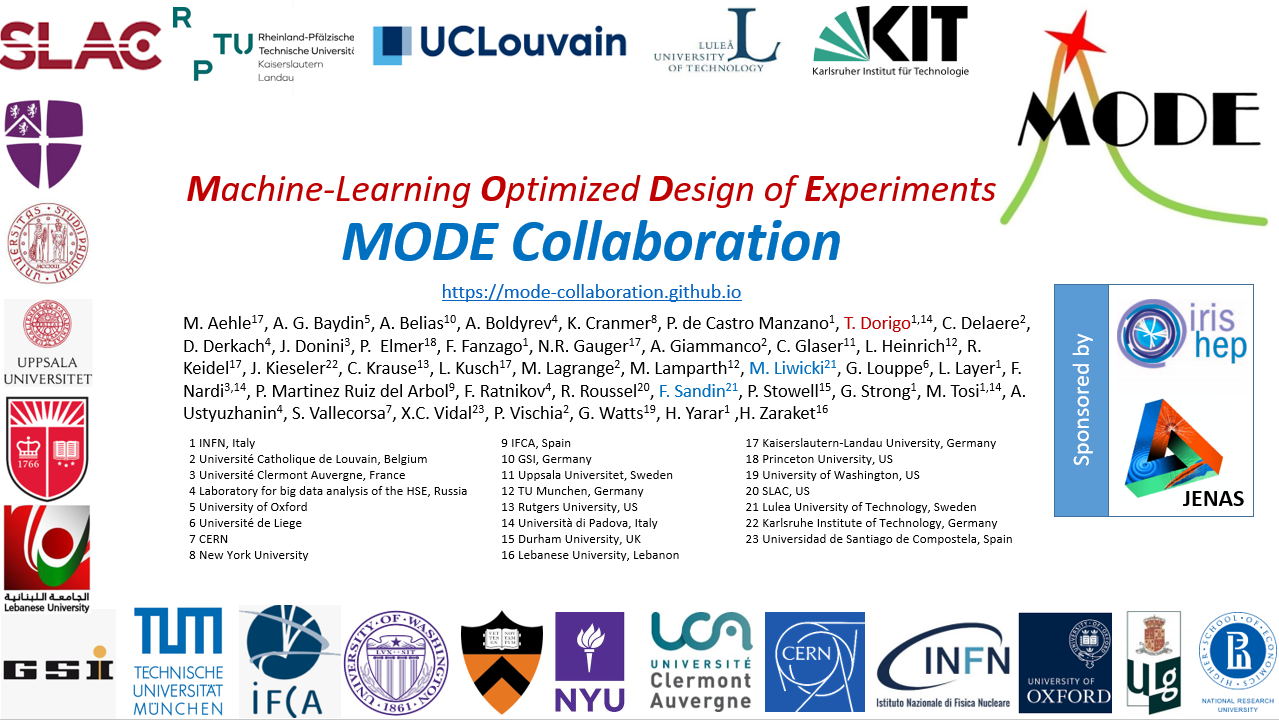Below I summarize a previous post that describes the opportunity.
University of Padova is an important centre for academic studies in Italy. It is the third oldest university in the world. The department of Physics and Astronomy itself has been selected for 2023-27 as a centre of excellence. And Padova is a very pleasant small town in north-eastern Italy, where over 70,000 students receive education in all fields of sciences and humanities.
The University has a unified call for all subjects, and within the call there are 44 positions for a PhD in physics. This is a rather large number, which should guarantee a significant rate of success for applicants passing the minimum admission criteria.
You can find all the information at these two links:
- this one (which points to the three documents to be downloaded, direct link here)
- and this one , which is from the Physics department and includes a video, and more information.
The positions are of two kinds: there are 13 "open" ones, which allow winners to freely decide what research topic to embark on and what supervisor to choose among the full body of staff members at the Department of Physics and the personnel of research institutes (e.g. INFN) in Padova. And then there is a large number of positions that target specific research topics. If you apply for a Phd in Physics, you need to be careful to "opt in" to the positions you may be happy to get, and not opt in to ones you would not want. In fact, the selection procedure is a bit baroque, and depending on what you do and do not tick, you may gain or lose the chance to be offered some of the 44 positions.
This year I invested some funds to offer a couple of joint PhD positions which are in the list. These two positions are "special" in the sense that they imply:
- a co-tutorship by me and a computer scientist from a different University
- the spending of 18 months in Padova and 18 months at the foreign University with the computer scientist tutor's research team
- the increase of the salary by 50% for the 18 months spent outside Italy
- the embedding of the winning candidates in the MODE collaboration (boosting their visibility and networking chances).
As for MODE, here is a defining slide for the collaboration (link: https://mode-collaboration.github.io).

Of additional interest is the fact that besides the allocated funds for travel to external schools that the student will be endowed with as part of the PhD program in Padova, I will make additional funding available to the students, and specifically encourage them to participate in a rich training program, with attendance to international events (Ph.D. schools in physics, computing, machine learning) and conferences, and stays at foreign institutes.
The two positions, while being in a sense related to work at the crossroads of physics and computer science, are still going to produce a title of Ph.D. in Physics. And they both involve the participation of candidates to the MODE collaboration, which is a group of physicists and computer scientists from 24 institutes around the world, who work together to solve difficult problems of end-to-end optimization for fundamental science applications (see https://mode-collaboration.github.io . I founded the MODE collaboration in 2020 and have been directing it since).
For more information see the original posting here.



Comments